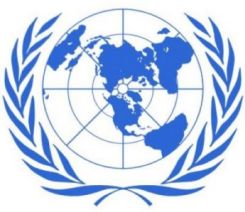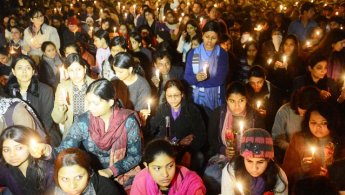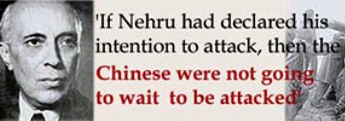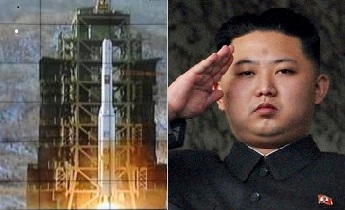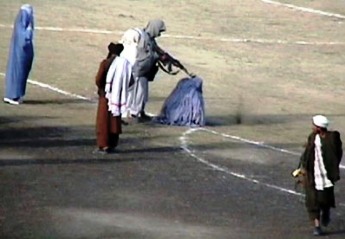By R. Nastranis | IDN-InDepth NewsReport
GENEVA (IDN) – Four years after the outbreak of the global financial crisis, the world economy is still struggling to recover but 2013 holds out good prospects for the economies of the least developed countries (LDCs), says the United Nations.
A new UN report titled ‘World Economic Situation and Prospects 2013’ expects GDP (Gross Domestic Product) growth to average 5.7 per cent in the New Year, up from 3.7 per cent in 2012. “However, most of the rebound is expected to come from improvements in economic conditions in Yemen and Sudan, following notable contractions of both economies in the face of political instability during 2010 and 2011,” says the report.

